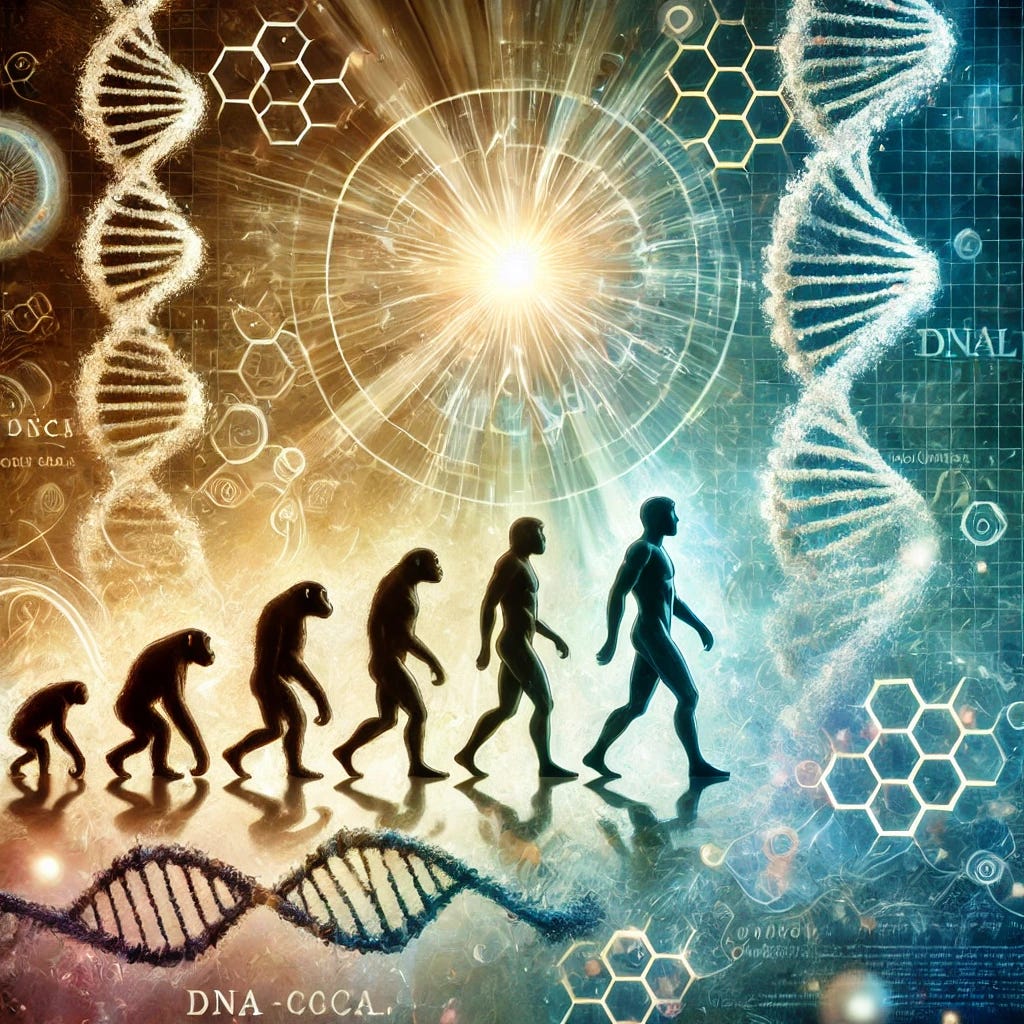Evolution, Morality, and the Limits of Science: Insights from Dennis Bonnette
Exploring the Boundaries of What Science Can Explain About Human Nature
As we advance in our understanding of the natural world, many believe that science can eventually explain all aspects of human existence, including morality. However, philosopher Dennis Bonnette challenges this idea by addressing the limits of science, particularly when it comes to evolution and morality. Bonnette argues that while science is powerful in explaining the physical and biological aspects of life, it struggles to fully account for the moral dimension of human nature.
The Evolutionary Perspective on Morality
From an evolutionary standpoint, morality is often seen as a product of natural selection. Traits such as empathy, cooperation, and altruism are thought to have evolved because they enhanced survival and reproduction. For example, early humans who exhibited moral behaviors were more likely to form stable communities, which improved their chances of survival.
While this view provides a compelling explanation for the development of moral behaviors, Bonnette argues that it fails to account for the deeper aspects of morality, such as the sense of moral obligation or the intrinsic value we place on ethical behavior. He suggests that evolutionary theory can explain why certain behaviors may have been advantageous, but it struggles to explain why we ought to behave morally, even when doing so may not offer a survival advantage.
Science and the Moral "Ought"
A key limitation of science, according to Bonnette, is its inability to move from describing what is to prescribing what ought to be. Science excels at explaining natural processes—how life evolved, how the brain works, and how societies function—but it falls short when it comes to moral imperatives. This is often referred to as the "is-ought" problem, famously articulated by philosopher David Hume.
Bonnette argues that moral truths exist beyond the scope of empirical science. While evolutionary theory can explain the mechanisms behind moral behaviors, it cannot provide a foundation for moral principles themselves. For instance, science can explain why humans may be predisposed to act in ways that benefit the group, but it cannot explain why individuals should prioritize ethical principles over personal gain or survival in situations where the two conflict.
The Limits of a Materialist View
At the heart of Bonnette’s critique is the materialist view that science often takes, reducing human beings to mere biological machines shaped by evolution. While this view has been successful in understanding the physical aspects of life, it falls short when dealing with the intangible elements that make us human—our capacity for abstract thought, self-awareness, and moral reasoning.
According to Bonnette, these traits cannot be fully explained by evolution alone. He argues that the existence of objective moral values and the ability to reflect on these values point to something beyond mere biological processes. The idea that human beings are more than just the sum of their evolutionary past leads to questions about the ultimate source of morality, which science is ill-equipped to answer.
The Role of Philosophy and Theology
For Bonnette, philosophy and theology are necessary to complement scientific inquiry. While science explains how we got here and how we function biologically, philosophy addresses the larger existential and moral questions. Theology, in particular, explores the possibility that moral laws are rooted in a higher, transcendent reality.
Bonnette contends that without these perspectives, science alone offers an incomplete picture of human nature. By focusing solely on evolution and material explanations, we risk ignoring the deeper aspects of morality that guide our decisions, shape our communities, and give meaning to our lives.
Conclusion: Embracing the Limits of Science
Bonnette’s insights invite us to reflect on the limitations of a purely scientific view of the world. While science has achieved remarkable success in explaining the physical aspects of life, it cannot fully account for the moral dimension of human existence. Morality, Bonnette suggests, is something that transcends evolutionary biology and materialist explanations. Understanding the complexity of human nature requires an interdisciplinary approach that includes philosophy, theology, and science working together to explore both the seen and unseen aspects of life.



